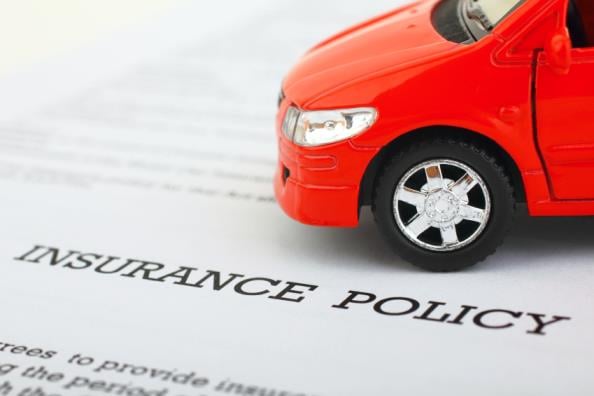Driverless cars could drastically reshape the insurance industry over the next several years, but one expert believes that risk transfer will still have a role in an autonomous future.
With disruption estimates linked to driverless cars recently pegged at a trillion dollars by Richard Enthoven, CEO of The Hollard Australia Group, driverless cars present an uncertain future for a key strand of the insurance industry.
Use of driverless cars is expected to make roads safer by reducing accidents. This in turn could impact insurance profitability.
Cecilia Warren, future motor director for
IAG, said that while driverless cars could change the insurance landscape, there will still be a role to play for the industry in a driverless future.
“We believe insurance is a key part of the adoption of driverless vehicles and that we have a role to play in ensuring consumer trust, protection and safety on the road,” Warren told
Insurance Business.
“In the future we anticipate a mix of autonomous, semi-autonomous and traditional vehicles on the road, and we are committed to evolving our models to make sure our customers are protected, regardless of the vehicle they choose to travel in.”
Want the latest insurance industry news first? Sign up for our completely free newsletter service now.
Cars are increasingly designed with advanced driver assistance systems (ADAS) such as automatic parking, forward collision warnings, and blind spot monitors, which are already having an impact on safety.
In the commercial space, trucks and fleets are also looking towards driverless technology with Daimler, one of the largest producers of trucks in the world, unveiling autonomous technology for its trucks last year.
Liability questions still remain, however. With the widespread uptake of driverless cars expected to take decades, there will be crossover been autonomous and non-autonomous vehicles and the insurance industry and car manufacturers still need to work on some of the finer details of who is liable for a crash in driverless situations.
As driverless cars hit the roads for testing in Melbourne, brokers need to keep a watchful eye on the technology. For brokers with a book of motor business, whether that is commercial or domestic, driverless cars could have a big impact – however, Warren thinks the industry is up to the challenge.
“As consumer behaviour and technologies change, insurance will adapt to meet new or emerging risks,” she said.
Related stories:
Self-driving car startup looking for additional investors
Tesla sued over fatal car crash in China


